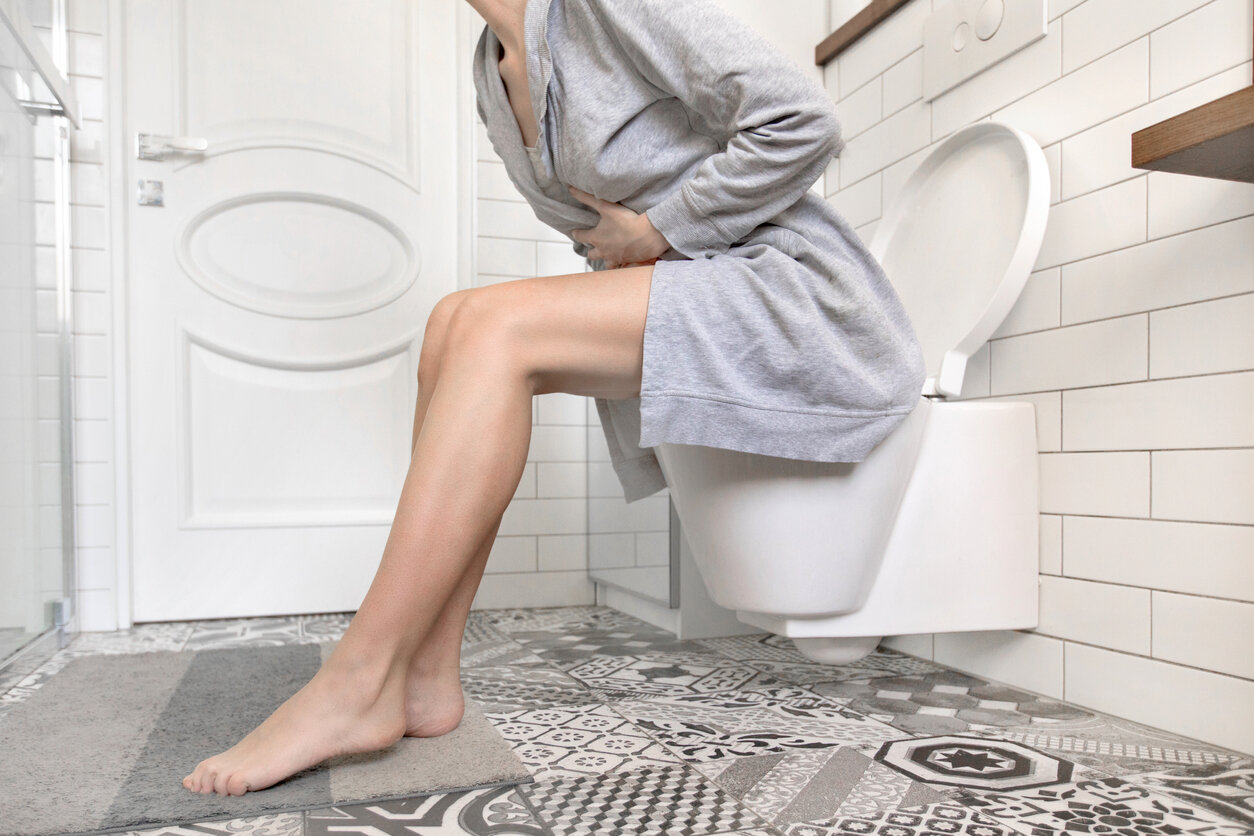Endometriosis is an often misunderstood condition estimated to affect up to 10% of women. It also affects other gender groups. The primary symptom of endometriosis is pelvic pain, but it can also cause a wide range of other symptoms, including diarrhea. If you are experiencing chronic diarrhea and pelvic pain, it may be worth exploring whether endometriosis could be the cause.
Table of contents
What is Endometriosis?
Endometriosis occurs when tissue similar to the lining of the uterus grows outside the uterus. Endometriosis can lead to inflammation and scarring in the pelvic area, resulting in many symptoms, from painful periods to infertility. It is unclear what causes endometriosis, but experts believe that hormones, genetics, and immune system issues may play a role.
Endometriosis and Diarrhea During Ovulation
Diarrhea is one of the many potential symptoms associated with endometriosis. People with endometriosis may experience chronic diarrhea or bouts of diarrhea during their period or ovulation days. It’s important to note that other conditions could cause similar symptoms, such as IBS (Inflammatory Bowel Symptoms), infections, or food allergies. So if you’re experiencing chronic diarrhea, you must speak to your doctor about getting tested for these conditions and endometriosis.
The underlying cause of endo-related diarrhea likely involves hormonal imbalances, which result in changes in gut flora and motility (movement) in the intestines. Additionally, inflammation resulting from endo lesions can put pressure on organs like the bladder or intestines, which can contribute to digestive issues like diarrhea. Treatments for this type of symptom include surgery, hormone therapy, diet modification (such as avoiding dairy products), stress reduction techniques, and over-the-counter medications such as Pepto-Bismol or Imodium for short-term relief. Your doctor will help you have a treatment plan based on your specific needs.
If you are experiencing chronic diarrhea along with other symptoms like pelvic pain or cramping, then it may be worth exploring whether endometriosis could be causing your discomfort. Speak with your doctor about getting tested for this condition and other underlying causes, such as IBS or food allergies. Treatment options depend on what type of symptom you’re experiencing. Still, they typically involve surgery, hormone therapy, dietary modifications, stress reduction techniques, and over-the-counter medications for short-term relief while waiting for treatment effects to take hold. If you think you might have endometriosis, don’t hesitate to talk to a doctor today!




